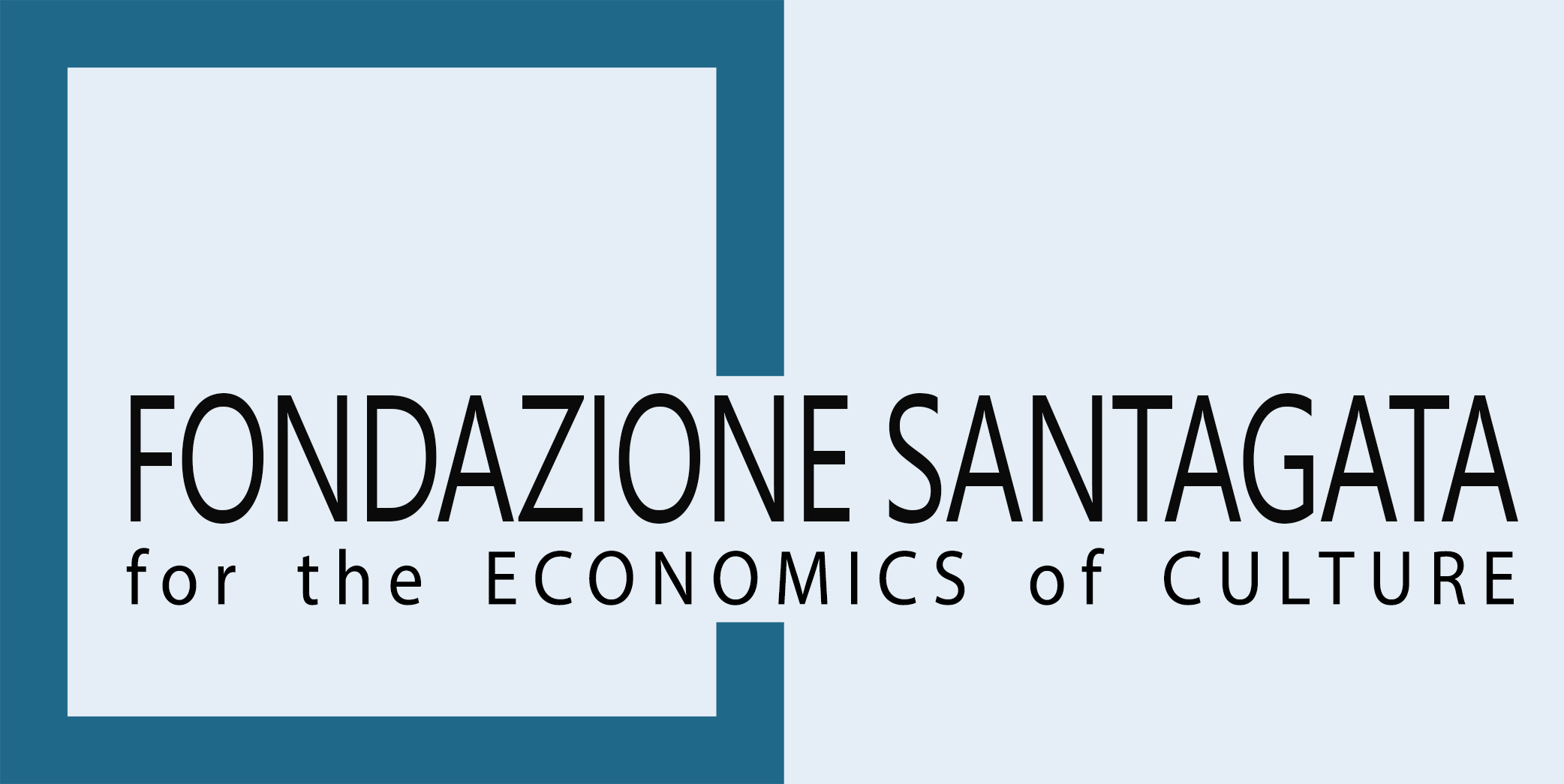Partners

ICCROM, an intergovernmental organization aligned with the 2001 UNESCO Universal Declaration on Cultural Diversity, has dedicated itself to conserving cultural heritage worldwide for over six decades. Collaborating closely with Member States, ICCROM swiftly addresses their needs while leveraging partnerships with organizations like UNESCO and scientific institutes. At the forefront of heritage preservation, ICCROM trains conservation professionals globally through innovative educational programs and state-of-the-art training, supported by one of the world’s leading conservation libraries. Moreover, ICCROM’s role extends to influencing research agendas, fostering international cooperation, and advocating for conservation at all levels, empowering professionals to protect cultural heritage for future generations. In post-crisis recovery, ICCROM provides expertise, training, and support to communities affected by conflicts, natural hazards, or cultural vandalism. Beyond physical restoration, ICCROM focuses on capacity building, education, and policy development, collaborating with governments, NGOs, and cultural institutions to ensure a holistic approach to heritage recovery. By preserving cultural identity and memory, ICCROM contributes to fostering resilience, reconciliation, and sustainable development in regions recovering from crises.

The “Fondazione Santagata for the Economics of Culture,” established on April 13, 2018, through the initiative of the Silvia Santagata Research Centre (CSS-EBLA), embodies the collective expertise and research efforts of CSS-EBLA and the studies conducted by Walter Santagata, a pioneering scholar in Cultural Economics. The Foundation operates across five main areas: the management of cultural heritage, focusing on economic development within territories and UNESCO-related initiatives; the preservation of intangible cultural heritage, with a specific emphasis on elements listed by UNESCO; the promotion of innovative cultural and creative productions, addressing new markets and professional roles; fostering tourism related to cultural heritage sites and creative clusters; and advocating for sustainable development, particularly examining the interplay between cultural activities and the environment.
In pursuit of its mission, the Foundation seeks to facilitate collaborative networking among cultural and other sector stakeholders, aiming to bolster the international presence of economic and cultural entities from Piedmont and Italy. By doing so, the Foundation aims to catalyse positive socio-economic impacts while advancing its mandate to promote and enrich the cultural landscape.

The Aliph Foundation, an international alliance for the protection of heritage in conflict areas, was established to address the critical need for safeguarding cultural heritage in regions affected by conflict and post-conflict situations. Inspired by the UNESCO Universal Declaration on Cultural Diversity, Aliph is committed to preserving cultural heritage through a flexible and responsive aid programme. Its interventions encompass preventive protection to mitigate destruction risks, emergency measures to ensure heritage security, and post-conflict actions to enable communities to reclaim their cultural heritage. Founded in 2017, Aliph emerged from the collaborative efforts of France and the United Arab Emirates, supported by numerous countries and private partners. With a manifesto grounded in combating barbarism and fostering international cooperation, Aliph operates as a private foundation with the status of an international organization. Its initiatives range from immediate emergency relief to large-scale rehabilitation projects, guided by a unique ethos: “Action, Action, Action.”

Kimia S.p.A. specialises in the production of high-performance solutions for the restoration of buildings and the development of technologies for structural consolidation. Its mission is to preserve the architectural heritage, prevent collapse during seismic events and protect human lives. Founded in Perugia (Italy) in 1979, it was one of the first companies in the world to produce highly compatible mortars for historical restoration and to introduce composite materials for structural applications (in 1984). This has enabled the company to acquire unparalleled experience in the field and to contribute to the preservation of assets of exceptional value. Historic buildings such as the Trevi Fountain, the Reggia di Caserta, the Cathedral of Santa Maria del Fiore in Florence, the Duomo of Pisa, the Procuratie Vecchie in Piazza San Marco (Venice), the Basilicas of San Francesco and Santa Maria degli Angeli in Assisi, and modern buildings such as the Meazza Stadium in San Siro, the Technopole of Bologna, the Milano Centrale railway station, the Viadotto Italia and the Oceanographic of Valencia. Kimia contributed to the reconstruction of the Umbria-Marche region after the 1997 earthquake and worked with the fire brigade to secure the walls and churches of the historic centre of Norcia, which was destroyed by the 2016 earthquake in central Italy. The same mortars used to protect the walls of Norcia are now being used to rebuild the Al-Hadba Minaret in Mosul, Iraq.
